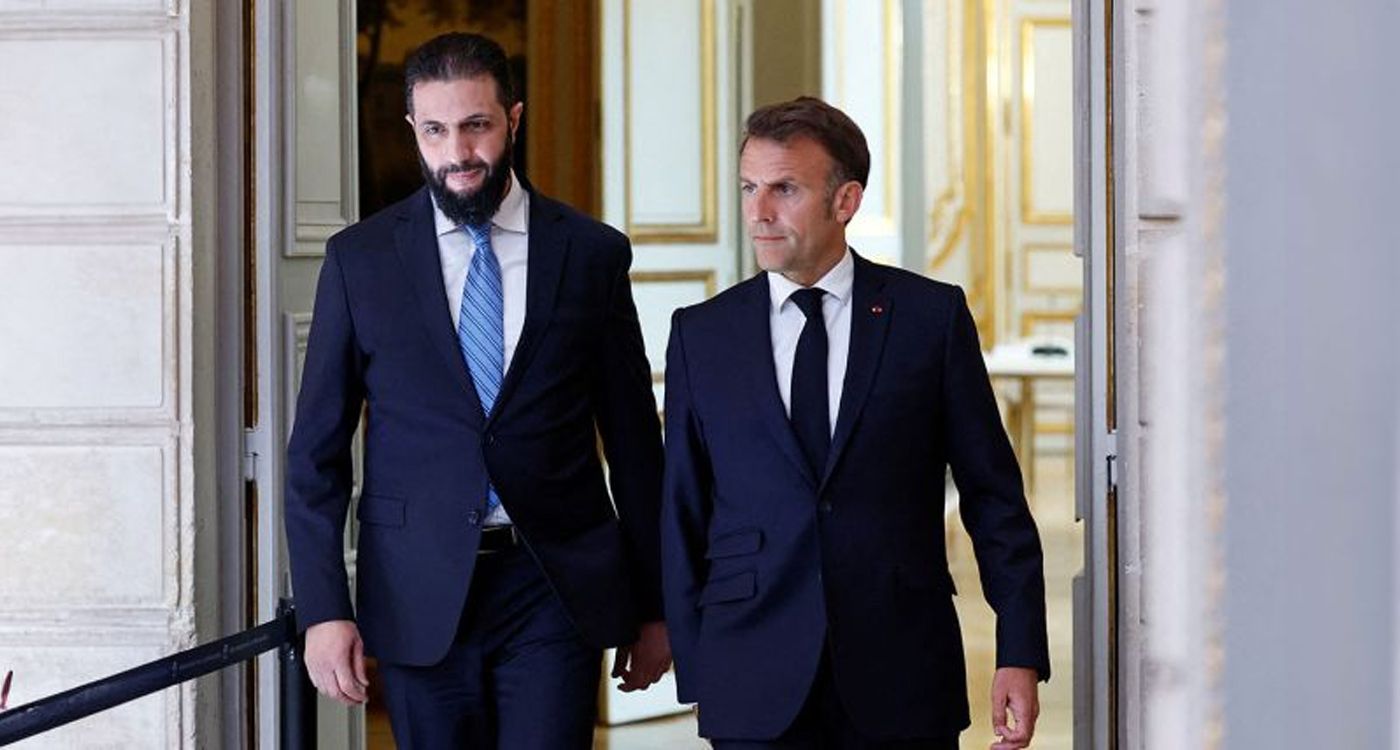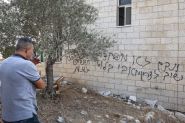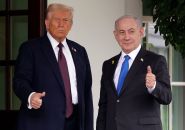- Home
- Middle East
- France and the Oil Monarchies' Support for Ahmad al-Sharaa

©Stephanie Lecocq / POOL / AFP
A growing concern about the threats facing Syrian President Ahmad al-Sharaa — who plays a key role as a peacekeeper in the region — was highlighted by journalist Badih Karhani, an expert on Islamic movements, in an interview with our colleague Houna Loubnan. This role is further reinforced by his main interlocutors, the Saudis and Emiratis, who support him as a mediator. Ahmad al-Sharaa is currently on his first trip to Europe, where he was received on Wednesday in Paris by French President Emmanuel Macron.
More than ten key players, including states and militias, have been present for many years on Syrian soil: the Syrian army, the Iranian Revolutionary Guards, Hezbollah, Russia, the Turkish and American armies in the northwest of the country, the Kurds of Rojava, the Syrian Democratic Forces (SDF) led by Commander Mazloum Abdi, a former member of the Kurdish PKK protected by the Americans, groups linked to ISIS in the east of the country along the Iraqi border, and Hay’at Tahrir al-Sham (HTS) led by Ahmad al-Sharaa, better known at the time by his war name, Mohammad al-Jolani. He was the one who launched the offensive against President Bashar al-Assad from Idlib.
The political map of Syria has been completely redrawn since the fall of the Assad clan. While still in its early stages, this new configuration casts al-Sharaa—former head of Jabhat al-Nusra, an Al-Qaeda affiliate once led by Ayman al-Zawahiri and designated as a terrorist group by the United States—as the possible figure of national unity.
On Wednesday, Ahmad al-Sharaa was received in Paris by Emmanuel Macron for a controversial inaugural visit to the West. On this occasion, Macron was expected to call on him to bring to justice those responsible for the “atrocities” that have tarnished the image of the Islamist coalition now in power since Assad’s fall in December.
Following recent events that have shaken Syria's stability, whether along the coast or in the south of the country, amid clashes with Druze factions and ongoing Israeli strikes within the country, discussions have intensified regarding the future of the current regime.
Doubts are growing about the true intentions of President al-Sharaa, who has rapidly forged solid ties with several Arab nations.
In France, Macron has come under fierce criticism from the political right and far right for inviting a man with a jihadist past. He received al-Sharaa at the Élysée in the afternoon, ahead of a rare joint press conference.
French Domestic Controversies
“Shock and dismay,” said National Rally leader Marine Le Pen, describing the Syrian president as “a jihadist who went through both ISIS and al-Qaeda.” “A serious mistake,” added Laurent Wauquiez, head of the Les Républicains MPs.
Massacres that left 1,700 dead—mostly Alawites—in the west of the country in March, recent clashes with Druze factions, and abuses documented by NGOs have raised doubts about the new Syrian authorities’ ability to rein in some of the extremist fighters operating under their umbrella.
With this visit, Macron hopes to support a transition “toward a free, stable, and sovereign Syria that respects all components of Syrian society,” the Élysée Palace told AFP on Tuesday.
But the French presidency dismissed any “naivety,” saying it is fully aware of “the past” of some of the Syrian leaders and insists there must be “no tolerance” for “terrorist movements.”
The French president is expected to urge his guest to ensure that “the fight against impunity becomes real” and that “those responsible for atrocities against civilians” are “held accountable,” said his office. “Our demand is the protection of all civilians, regardless of origin or religion,” the same source insisted.
Sharaa, a Line of Defense Against Extremism
Badih Karhani, a Lebanese expert based in Tripoli, emphasized that the real threat to Syria’s stability comes not from Israel but from extremist groups within the country that adhere to a takfiri ideology (declaring other Muslims apostates).
Since taking office, al-Sharaa has adopted a moderate discourse and undertaken several measures to protect the state’s institutions.
The president of the new Syrian authority has also sent positive messages to several countries, including Israel, as confirmed by his foreign minister, who stated that Syria does not wish to be used as a platform for aggression against any country, including Israel.
Karhani noted that this positioning provokes extremist groups that still wield considerable influence in Syria. He also underlined the importance of support from Arab nations, particularly Saudi Arabia and the UAE, in reinforcing al-Sharaa’s legitimacy.
The internal threat stems from the uncontrolled groups that remain deeply entrenched and highly radical, rejecting not only Shiites, Druze, and Christians but also moderate Sunnis.
For Karhani, it is essential to bolster Arab backing for al-Sharaa to ensure his protection. “According to some reports, without al-Sharaa’s personal intervention and the efforts of Syrian security forces on the coast, the massacres there would have been far worse,” he said.
Karhani also questioned the logic of Israeli airstrikes against al-Sharaa’s regime, noting that the new Syrian leader has dismantled several groups, including Iranian ones, deemed threats to Israel’s security and has severed key Iranian supply lines into Syria.
Read more




Comments